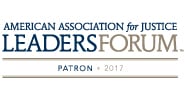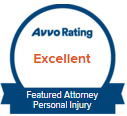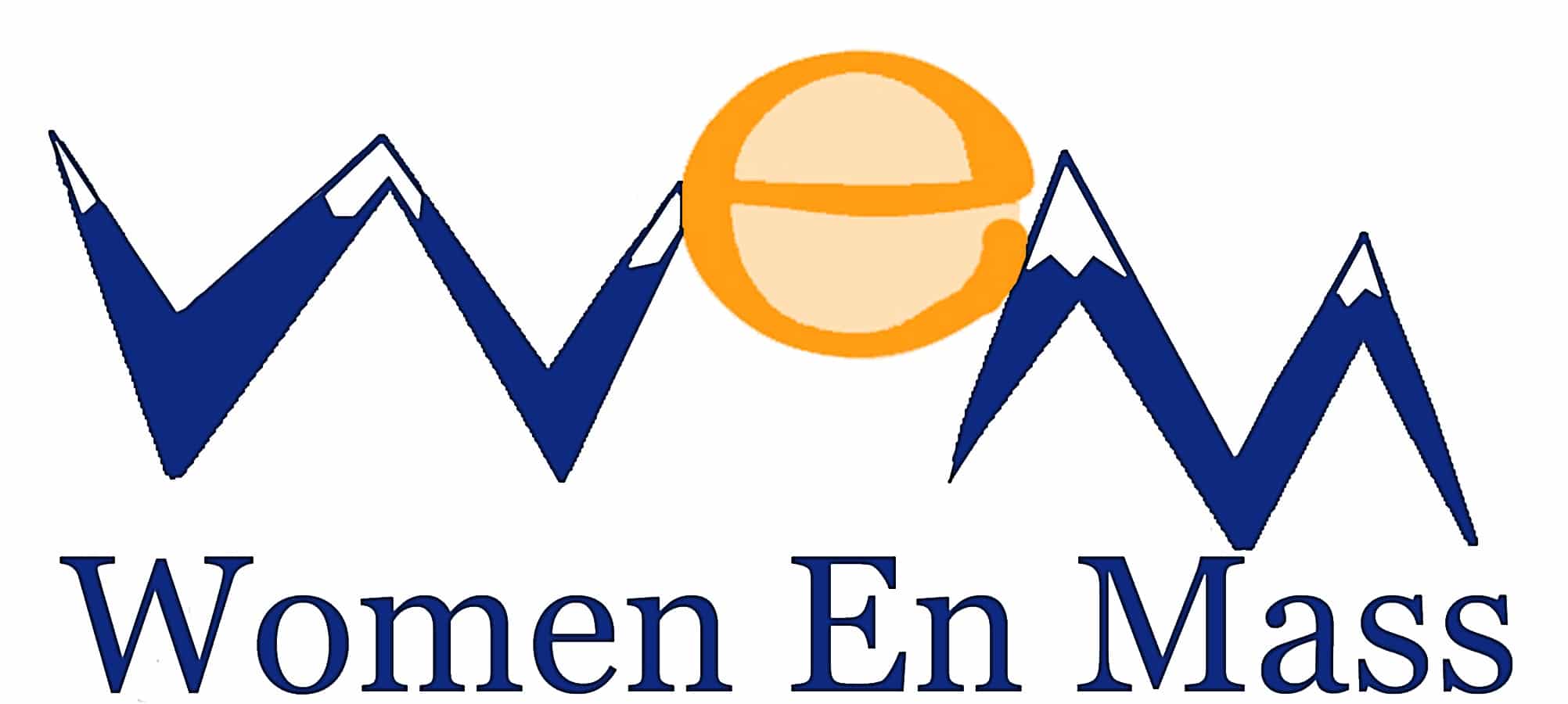The US State Department estimates 600,000 to 800,000 people are trafficked across international borders every year. According to the International Labour Organization,women and girls make up the majority of trafficking victims at 55 percent.
Now, lawmakers are taking action and hope that expanding liability will help to curb the devastation.
One of the most aggressive actions is to target third parties involved in the process. In the past, it was primarily the individual most closely linked to the crime that was held accountable and little was done to hold third parties accountable.
Recent trends suggest that holding third parties accountable can have a significant impact on the ability of traffickers to conduct business. By making it clear that business can be responsible for the actions of its customers makes it easier to recognize and stop trafficking incidents.
Essentially, if a business benefits from trafficking and “should have known” it was happening, it can face legal action.
What are some of the recent changes and how will they help victims of trafficking?
FOSTA Expands Liability to Third Party Internet Companies that Facilitate Trafficking
The internet has long been used to facilitate and shield sex trafficking from law enforcement, but many are hoping a new law will take away one of the most-used tools in the trafficking industry.
The Allow States and Victims to Fight Online Sex Trafficking Act(FOSTA) enables victims and prosecutors to file lawsuits against websites that play a role in trafficking. Prior to the law websites were shielded by the Communications Decency Act, which prevented a site from being held liable for the actions of its users. Websites were viewed as forums for hosting content over which they had no control.
There are concerns the new law could inhibit free speech, but advocates of FOSTA believe the law is going to be a powerful tool for helping those who have been victimized by trafficking. Any website that hosts sex trafficking ads can be targeted.
The law has already affected some of the most popular sites used for trafficking, including Backpage.comand Craigslist. Backpagesaw seven of its executives arrested just days before FOSTA became law and the site’s classifieds section was shut down by the government.
Craigslist has also made changes and took down several sections, including its personals, missed connections, and data sections in response to the law.
Hospitality Industry Faces Legal Action for Trafficking Crimes It “Should” Know About
The internet is not the only industry where changes are taking place. The hospitality industry has also been affected as attorney and victims are using existing laws to spread a wider liability net. Hotels, motels, casinos, restaurants, and other businesses can be held accountable if trafficking activities occur onsite.
Companies are encouraged to create anti-trafficking policies so they can show they’ve made an effort to uphold the law if their liability is called into question.
One of the most notable instances of third-party liability involved a national hotel chain that was sued by a young woman in Texas. The woman was forced by her traffickers to book rooms and host clients at several of the chain’s locations.
Her complaint alleges the hotel chain violated the Texas Civil Practice and Remedies Code 98.002, which allows victims to seek damages from their traffickers, as well as file claims against third parties.
Based on data collected by the National Human Trafficking Hotline, there are more incoming calls to the hotline from Texas than any other state in the country.
This case was notable because it demonstrated the responsibility corporations have for preventing sex trafficking. If it is determined a business “should have known about” or recognized an issue with trafficking, the business can be held legally responsible.
In addition to hotels, several other industries should take note of their liability, including:
- Casinos
- Restaurants
- Bars
- Nightclubs
- Concert venues
- Sports venues
- Banks
- Advertisers
- Transportation companies
There’s still a long way to go in the battle against sex trafficking, but recent changes are moving the country in the right direction. If you or someone you know has been affected by human trafficking, we want to know about it. For more information or to schedule a confidential consultation, contact us at 866.795.9529.

















